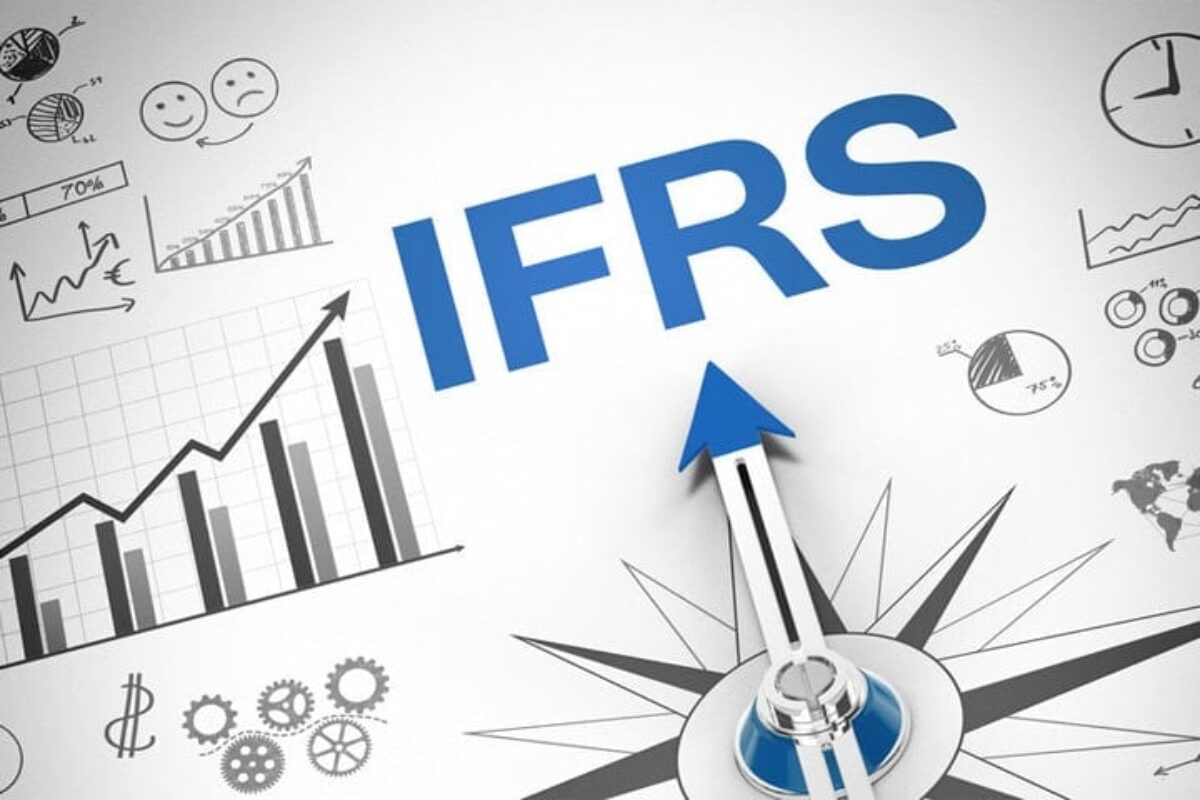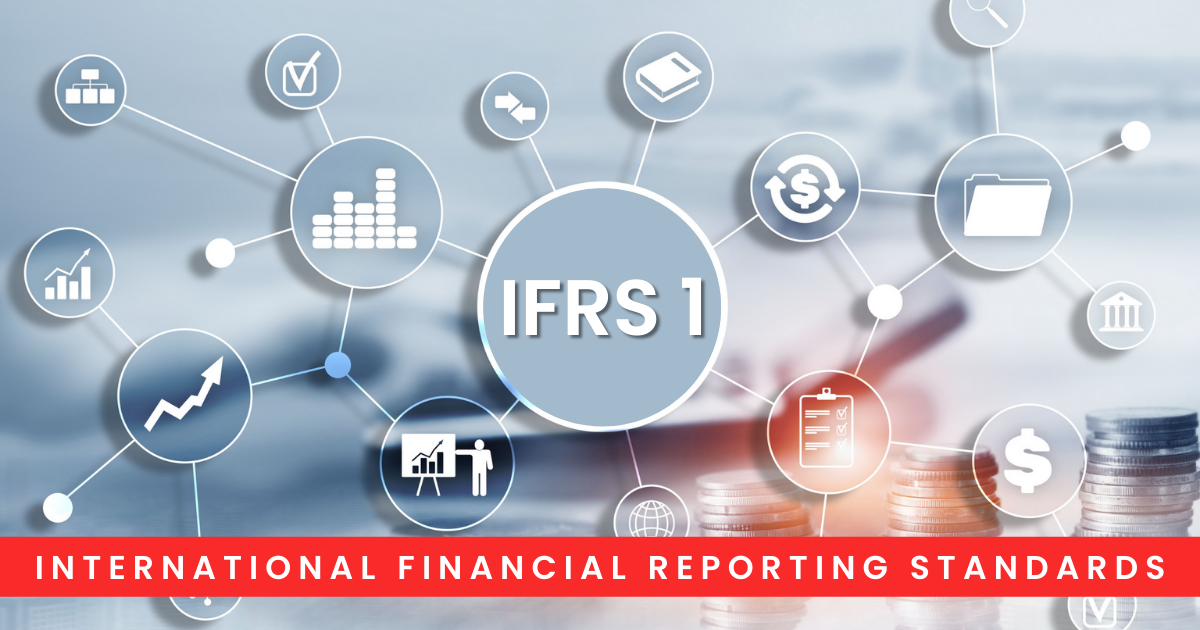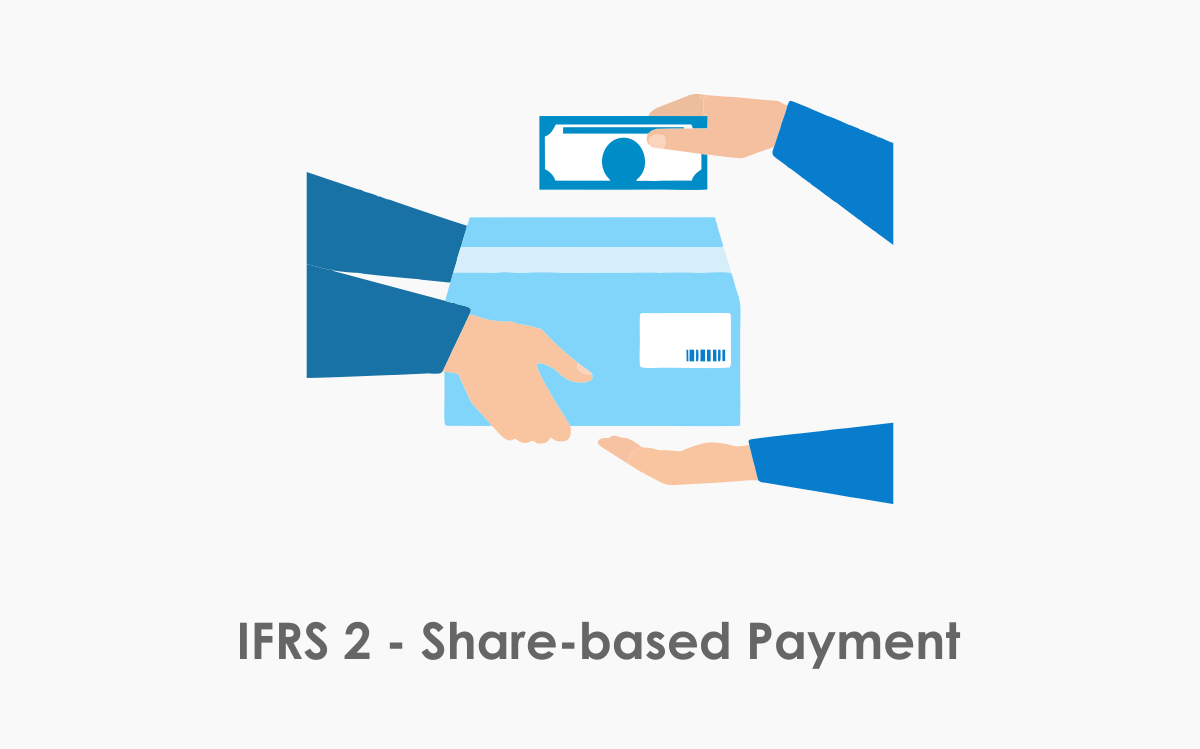IFRS (International Financial Reporting Standards) is a comprehensive set of accounting rules designed to standardize financial reporting across the globe. Developed and maintained by the International Accounting Standards Board (IASB), IFRS aims to enhance transparency, accountability, and comparability in financial statements, enabling global investors, regulators, and stakeholders to make informed decisions. 🌟
Why IFRS is Important 🔑
1. Global Applicability 🌐
IFRS is used by 140+ countries, including major economies in the European Union, Asia, Africa, and South America. It is the preferred accounting framework for international businesses, enabling companies to present their financial performance consistently across borders.
2. Transparency and Comparability 📖
IFRS provides a common financial language, ensuring that stakeholders worldwide can understand and compare financial statements. This is crucial for fostering global trade and cross-border investments.
3. Promotes Investor Confidence 📈
Investors rely on IFRS-compliant financial statements to evaluate risks and opportunities. Standardized reporting minimizes ambiguity, fostering trust in the financial markets.
History of IFRS 🕰️
- 1973: The International Accounting Standards Committee (IASC) was established to create International Accounting Standards (IAS).
- 2001: The IASB (International Accounting Standards Board) replaced the IASC. IFRS was introduced as a successor to IAS.
- 2005: The European Union made IFRS mandatory for publicly listed companies, marking its global expansion.
- Present: IFRS is continuously evolving, addressing emerging issues like sustainability reporting and cryptocurrency accounting.
Key Objectives of IFRS 🎯
- Consistency: Standardize financial reporting globally to reduce discrepancies between national accounting practices.
- Transparency: Provide detailed disclosures to help users understand the financial position and performance of companies.
- Accountability: Strengthen the accountability of businesses to their stakeholders.
- Economic Efficiency: Facilitate efficient capital allocation by ensuring reliable financial information.
Core IFRS Standards 📜
| Standard | Description |
|---|---|
| IFRS 1 | First-time adoption of IFRS |
| IFRS 2 | Share-Based Payment |
| IFRS 3 | Business Combinations |
| IFRS 9 | Financial Instruments (Classification and Measurement) |
| IFRS 15 | Revenue from Contracts with Customers |
| IFRS 16 | Leases (Accounting for Lessors and Lessees) |
| IFRS 17 | Insurance Contracts |
| IAS 1 | Presentation of Financial Statements |
| IAS 16 | Property, Plant, and Equipment |
| IAS 36 | Impairment of Assets |
Each standard is designed to address specific accounting areas, ensuring accurate and comprehensive financial reporting.
Benefits of IFRS Adoption 🌟
- Global Consistency 🌏: Enables companies to operate seamlessly across borders by adopting a single reporting framework.
- Enhanced Credibility 🛡️: IFRS compliance boosts credibility with investors, lenders, and regulators.
- Cross-Border Investments 💸: Investors can compare financial statements of companies in different countries, encouraging international investments.
- Reduced Costs 🏷️: Multinational companies save on compliance costs by following one standard globally.
Challenges in Implementing IFRS 🚧
- Training and Expertise 💼: Accountants and auditors need extensive training to understand and apply IFRS effectively.
- Judgment and Interpretation ⚖️: IFRS is principle-based, requiring professional judgment, which can lead to inconsistencies.
- Cost for SMEs 💸: Small and medium-sized enterprises may find it costly to transition to IFRS.
- Global Differences 🌍: Countries with existing frameworks (e.g., U.S. GAAP) face challenges in aligning with IFRS.
Comparison: IFRS vs. GAAP 🥊
| Aspect | IFRS | GAAP (U.S.) |
|---|---|---|
| Approach | Principles-based | Rules-based |
| Inventory Valuation | Prohibits LIFO | Allows LIFO |
| Revaluation of Assets | Permitted for certain assets | Not permitted |
| Development Costs | Can be capitalized if criteria are met | Expensed immediately |
Geopolitical Implications of IFRS 🌐
1. Strengthening Global Trade
IFRS fosters global trade by standardizing financial reporting, making it easier for companies to expand into international markets.
2. Bridging Economic Disparities
Developing nations adopting IFRS can attract foreign investments by providing transparency and credibility in their financial systems.
3. Harmonizing Financial Systems
Countries adopting IFRS contribute to a unified global financial system, reducing barriers to cross-border capital flows.
IFRS and Sustainability Reporting 🌿
IFRS is evolving to include sustainability disclosures, addressing global concerns about climate change and corporate responsibility. The IFRS Foundation is working on standards for ESG (Environmental, Social, and Governance) reporting, ensuring companies disclose their environmental impact transparently.
The Future of IFRS 🚀
1. Emphasis on Digital Transformation 💻
- Adapting IFRS for digital assets like cryptocurrencies.
- Enhancing financial reporting through AI and blockchain technologies.
2. Focus on Sustainability 🌱
- New frameworks to measure corporate contributions to global sustainability goals.
3. Increased Adoption 🌍
- As globalization accelerates, more countries are expected to adopt IFRS, making it the universal accounting standard.
Conclusion: Why IFRS Matters Today 🏁
IFRS is more than just an accounting framework—it’s a bridge connecting businesses, investors, and economies worldwide. By ensuring consistency, transparency, and accountability, IFRS plays a pivotal role in the global financial ecosystem. While challenges persist, its benefits far outweigh the complexities, solidifying IFRS as the future of financial reporting.😊



